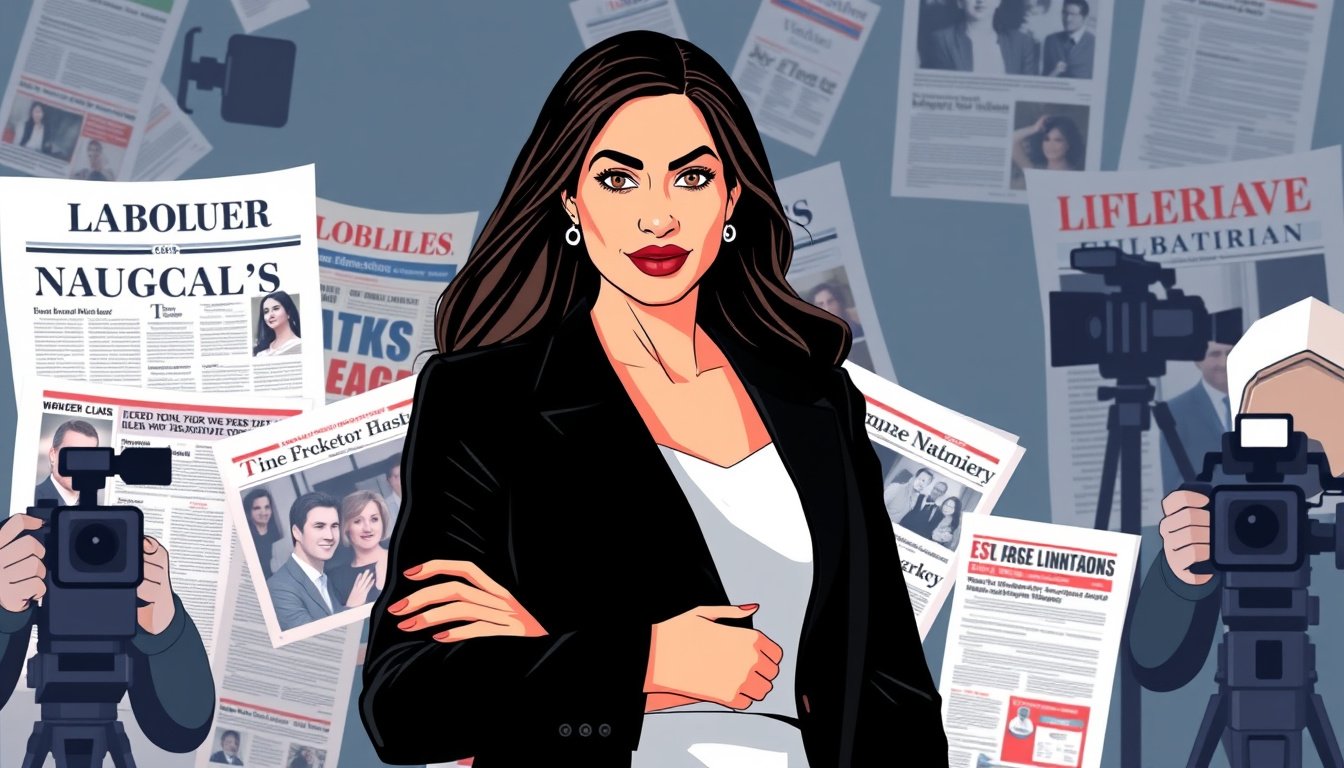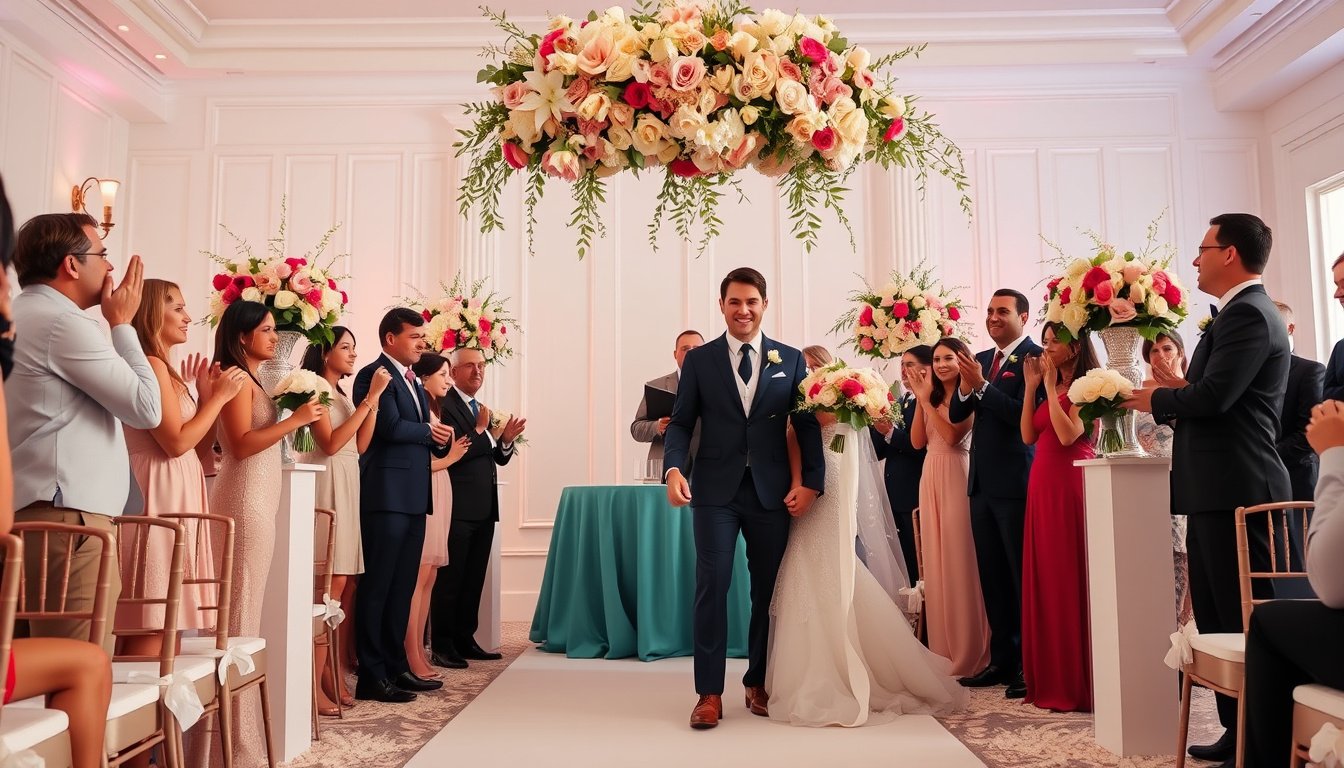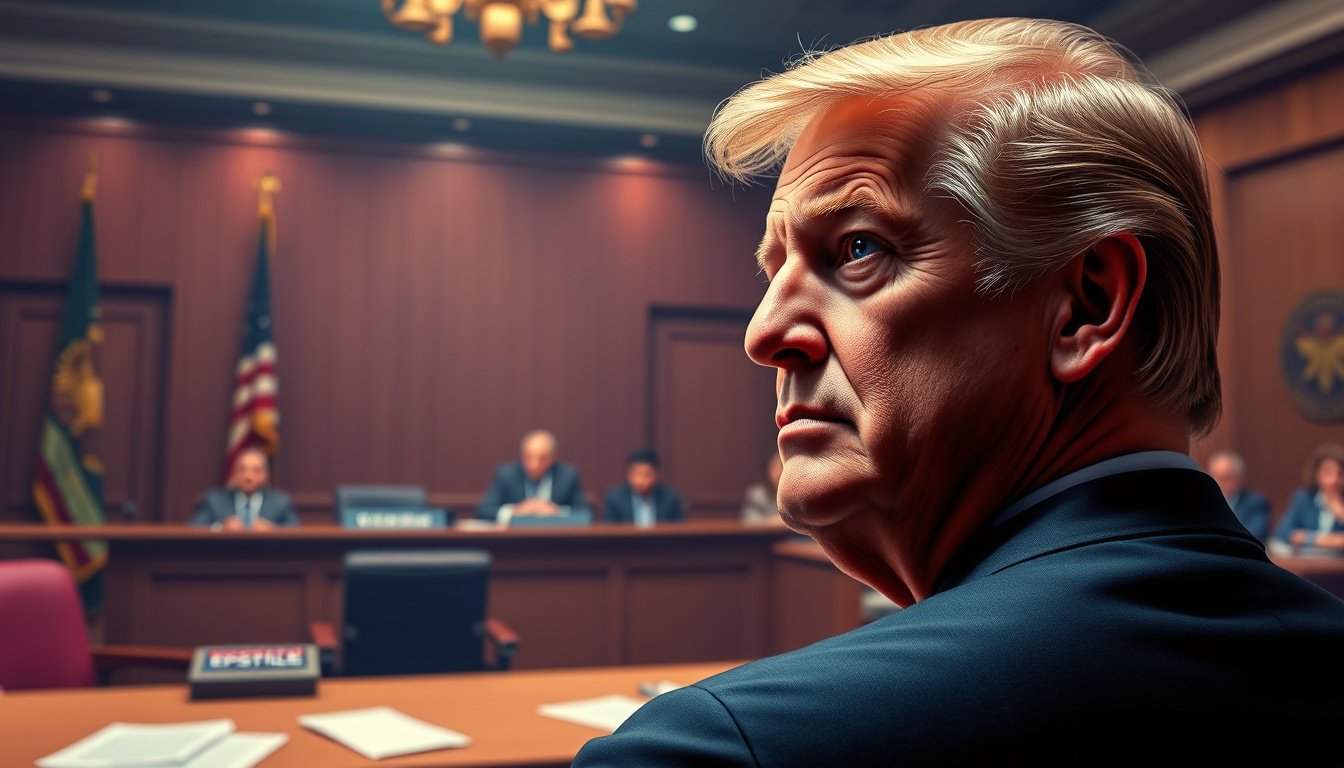In a gripping turn of events, Doria Ragland, Meghan Markle’s mother, has captured public attention with her staunch rebuke of the British media. This viral moment stems from a clip featured in Meghan and Harry’s Netflix documentary, "Harry & Meghan," in which Ragland describes an unwelcome approach from a journalist who suggested she could sell stories about her daughter for a hefty sum. This revelation has sparked widespread discussion, particularly on platforms like TikTok, where the video has garnered over 545,000 views and considerable engagement.
Ragland’s firm response— "this is my child. I’ve nothing to say"—embodies the protective instincts many parents would feel when faced with a violation of privacy. This simple yet powerful statement captures the essence of her character, highlighting not only her loyalty to Meghan but also her values in stark contrast to the often sensationalist nature of the press.
The context of Ragland’s remarks ties directly into the ongoing narrative surrounding Harry and Meghan, who have frequently critiqued the U.K. media for its intrusive practices and often racist undertones. The couple’s challenges with the media go beyond personal grievances; they shed light on broader issues of representation and respect within the press, particularly regarding how Black families are portrayed compared to their white counterparts.
Meghan describes the divergence in behavior between her mother and her father’s side of the family, emphasizing the contrasting treatment by the media. Her reflections illustrate how these narratives are shaped, with remarks made about her mother’s "classy and quiet" demeanor as opposed to her father’s side, who have been known to engage in media interviews for personal gain. This difference speaks volumes about the pressures and expectations placed on public figures, especially in the royal family.
The media’s depiction of Meghan’s ancestry has also come under scrutiny. An article which described her mother’s side as "Dirty Poor in the Deep South" starkly contrasts with the dignified image her mother presents. This kind of derogatory language not only undermines the dignity of individuals but also reflects systemic racism and discrimination that continues to permeate media narratives.
Public response to Ragland’s viral moment has been overwhelmingly supportive, with many expressing admiration for her class and the protective role she plays in her daughter’s life. Comments from viewers have echoed sentiments about the strength and dignity of Black women, showcasing a growing recognition of the distressing media landscape that Harry and Meghan navigate.
Looking ahead, the ramifications of this viral moment may extend beyond social media interaction. The ongoing legal issues surrounding Meghan and her half-sister Samantha Markle, who has challenged Meghan in court for alleged defamation, show that conflicts with the media and family members remain fraught with tension. These challenges symbolize the turbulent waters that Meghan and Harry continue to navigate even outside the constraints of royal duties.
As Doria Ragland’s statements continue to resonate, they reinforce a larger dialogue about privacy, respect, and the often explosive relationship between the media and the lives of public figures. Her defiance against the press serves as a powerful reminder of family loyalty and underscores the need for reform in how stories involving public figures—especially those of diverse backgrounds—are told.










